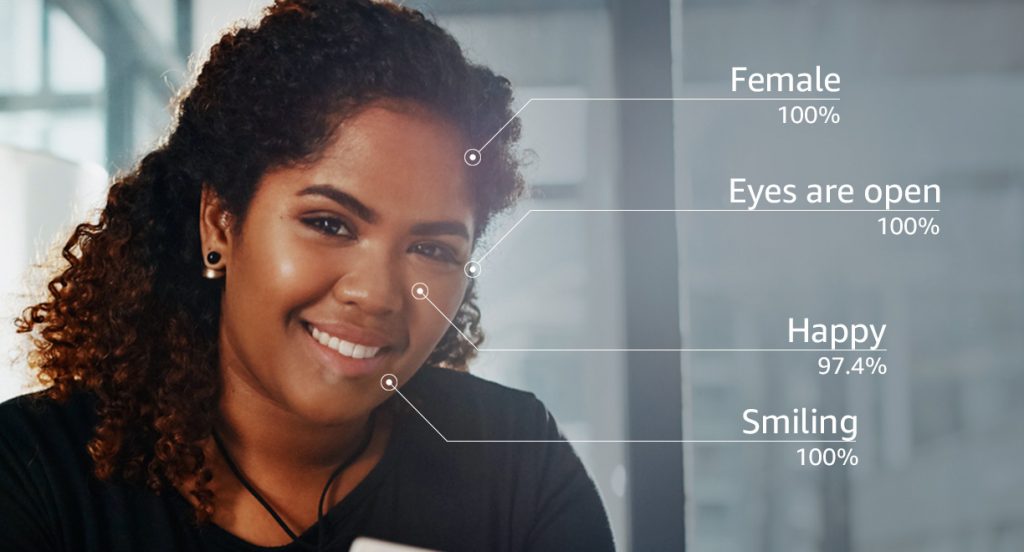San Francisco Seeks Facial Recognition Ban; DNA Used by Police
San Francisco wants to be the first city to ban facial recognition programs from its streets, while China has a no-limits policy that involves both facial recognition and DNA collection to control its citizens.
Welcome to two of the most pressing privacy issues of the 21st Century.
It now seems quaint that a decade ago people were concerned about their addresses and phone numbers being widely available. Now, Facebook knows more about the average person, their purchases and viewing habits than the FBI does on persons of interest. Meanwhile, China has taken the lead in invading every aspect of a private citizen’s life.
According to a story on Feb. 21 in The New York Times, China’s government uses Thermo Fisher, a Massachusetts company, to conduct its surveillance and control its people. It’s also collecting DNA from Uighurs, a predominantly Muslim ethnic group. Authorities lied to Uighers when they offered the blood test as “part of a health test.”
Recently, a member of the San Francisco city’s Board of Supervisors proposed a ban on facial recognition technology for city agencies, citing privacy concerns. Aaron Peskin wants an approval process for using everything from license plate readers and close-captioned video systems to gun detection systems, according to a Wired story.
“I have yet to be persuaded that there is any beneficial use of this technology that outweighs the potential for government actors to use it for coercive and oppressive ends,” Peskin told Wired. Nearby Oakland and Santa Clara County already ban it, according to the story.
A Futurism story on the San Francisco proposal cited Microsoft CEO Satya Nadella warning of “a 1984-like future at a Web Summit last November — despite reports of his company selling facial recognition tech to the government for surveillance.”
“This is the first piece of legislation that I’ve seen that really takes facial recognition technology as seriously as it is warranted and treats it as uniquely dangerous,” says Woodrow Hartzog, professor of law and computer science at Northeastern University, told Wired.

Rekognition software image
Hartzog said Illinois and Texas have privacy laws that forbid recording biometric data, including face scans and fingerprints, without giving people notice and obtaining consent. One of the major issues with facial recognition technology is that it can make mistakes, particularly in identifying minorities. The Rekognition software by Amazon misidentified 28 members of Congress as criminals, for instance.
Facial recognition programs are being used in London by the Metropolitan Police Service in a pilot program, and throughout China.
Already in the United States, despite no widespread effort to collect DNA, several people have been identified as being linked to murder cases because of DNA matches from genetic databases. Most recently, police tracked Jerry Westrom, a suspect in a murder cold case from 1993, when they picked up the napkin he discarded at his daughter’s hockey game and analyzed it. The FBI matched his DNA through a genealogy website, according to a story in USA Today.
Police can use genealogy websites in this way because there aren’t privacy laws barring them from doing so, said Steve Mercer, chief attorney for the forensic division of the Maryland Office of the Public Defender in the USA Today story.
read more about genealogy websites and DNA access at USAToday.com








Leave A Comment